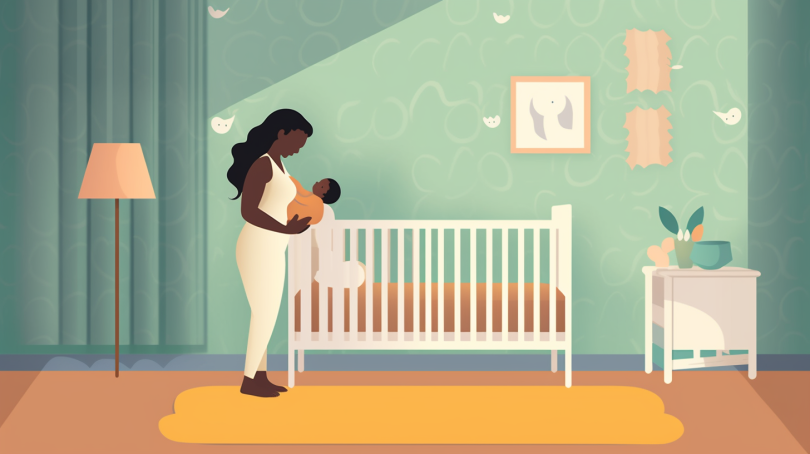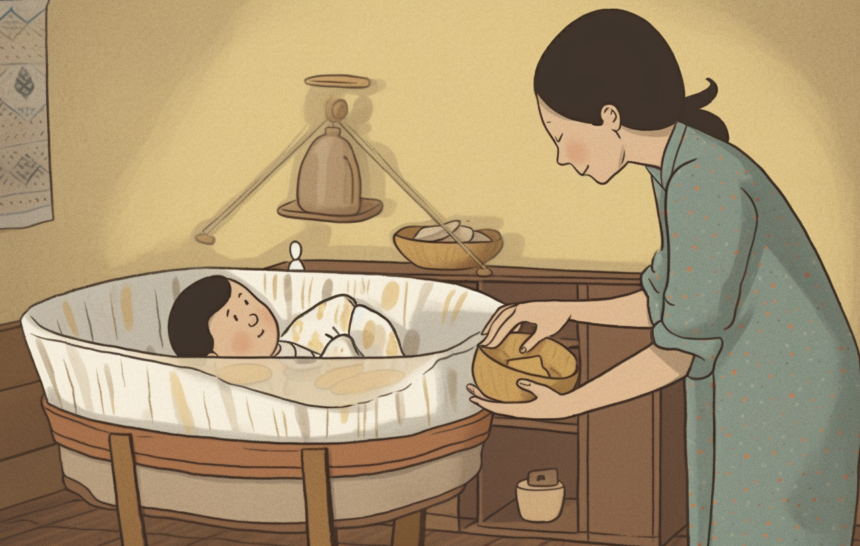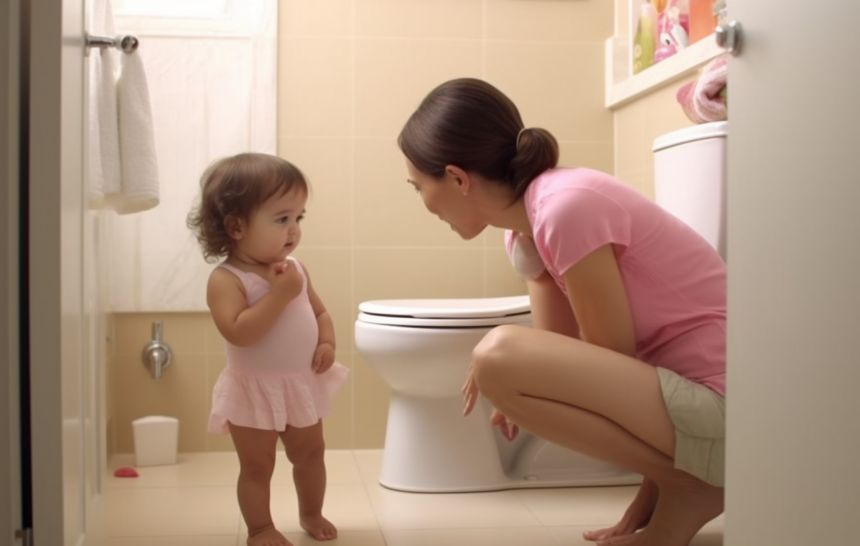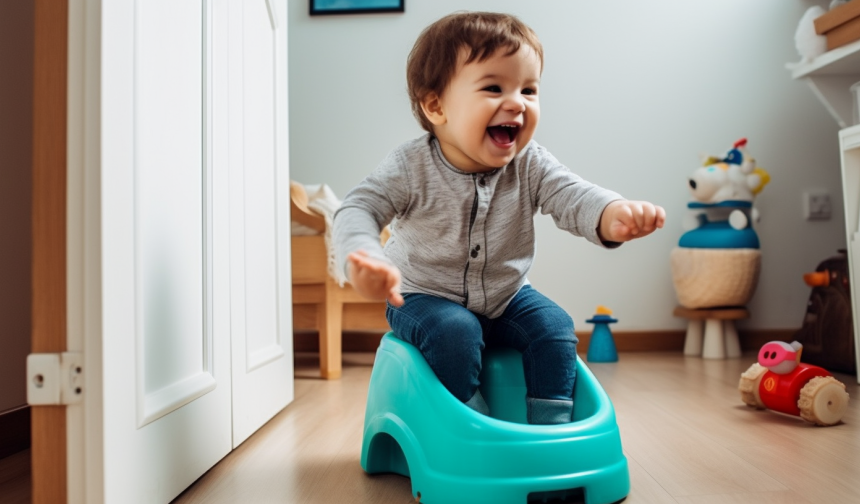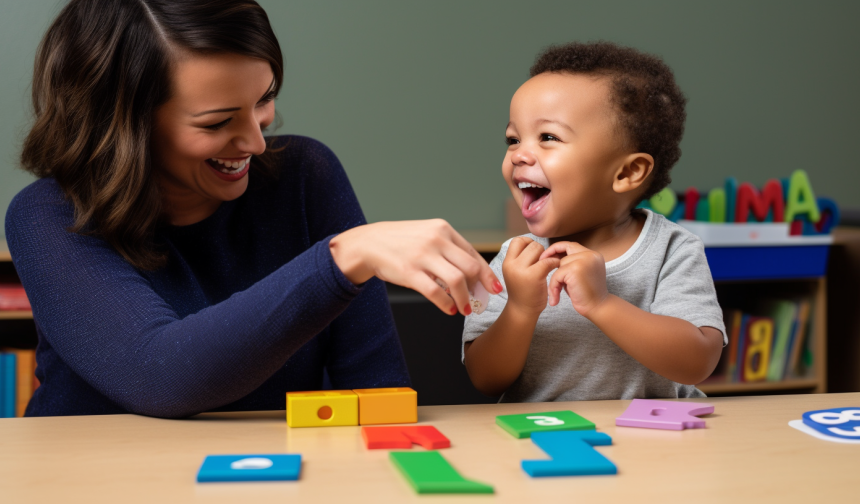As a new parent, one of the most common questions you may have is whether it is safe for your newborn to sleep on their stomach. While stomach sleeping may seem comfortable for babies, it is not recommended due to the risk of sudden infant death syndrome (SIDS). The American Academy of Pediatrics recommends placing babies on their backs to sleep until they are at least one year old. This reduces the risk of SIDS by up to 50%. It is essential to ensure that your baby's sleep environment is safe, including using a firm mattress and avoiding loose bedding, soft toys, or other objects that could obstruct their breathing. Always consult with your pediatrician if you have any concerns about your baby's sleeping habits.
Discover the Advantages of Incorporating Alphabet Activities in Teaching
Teaching the alphabet through activities is a fun and engaging way to introduce children to the world of letters. Not only does it allow children to learn through hands-on experiences, but it also helps to develop their cognitive, language, and fine motor skills. By incorporating games, puzzles, and crafts, children are able to explore the alphabet in a way that keeps them motivated and excited. Furthermore, these activities encourage children to be creative and imaginative, leading to a deeper understanding and appreciation for language. Overall, teaching the alphabet through activities is an effective and enjoyable way to set children on the path to reading and writing success.
Discover the Various Approaches to Sleep Training for Your Baby
Sleep training is a process of teaching a baby to sleep through the night. There are different methods of sleep training that can be used to achieve this goal. The most popular methods include the Ferber method, the Weissbluth method, and the extinction method. The Ferber method involves gradually increasing the amount of time between check-ins. The Weissbluth method involves creating a consistent sleep schedule and following it every day. The extinction method involves letting the baby cry it out until they fall asleep. Each method has its own advantages and disadvantages, and it is important to choose the one that works best for both the baby and the parents. A good sleep training method can help to improve the quality of sleep for the entire family.
Supplementing Breastfeeding with Formula: The Pros and Cons Explained
Breastfeeding is the best way to provide a baby with all the nutrients they need for optimal growth and development. However, there are situations where supplementing with formula may be necessary or beneficial. This may include low milk supply, medical issues, or personal choice. It is important to discuss any concerns with a healthcare provider and ensure that the baby is getting enough nutrition from both breast milk and formula. A combination of breastfeeding and formula feeding can also allow for more flexibility and support for the mother. Regardless of the feeding method chosen, the most important thing is to provide the baby with the love and care they need to thrive.
Discovering Newborn Sleep Patterns: A Guide to How Often They Sleep
As a new parent, one of the most common questions you might have is how often should your newborn be sleeping. Newborns tend to sleep a lot, with an average of 16-17 hours per day. However, they typically wake up every few hours to eat and then go back to sleep. It's important to note that newborns have their own unique sleep patterns and may not sleep for long periods of time at night right away. As your baby grows and develops, their sleep patterns will change, and it's important to adjust your expectations accordingly. By understanding your newborn's sleep patterns and needs, you can help ensure that they are getting the rest they need to grow and thrive.
A Comprehensive Guide to Determine Your Child’s Potty Training Readiness
Potty training is an important milestone in a child's development, but it can be challenging for both the child and parent. It's important to know if your child is ready before starting the process. Some signs that your child may be ready include showing interest in the potty, being able to stay dry for a few hours, and being able to communicate their needs effectively. It's important to be patient and positive during the process, as every child is different and may take longer to master this skill. By following your child's cues and providing plenty of encouragement and support, you can help them successfully navigate this important stage in their development.
The Ultimate Guide to Newborn Sleep: Understanding How Long Your Baby Needs to Rest
As a new parent, one of the most common questions you may have is how long do newborns sleep? On average, newborns sleep for around 16-17 hours a day, but this can vary depending on the baby's age and individual needs. It's important to establish a healthy sleep routine early on, as sleep plays a crucial role in your baby's development and overall well-being. In this blog post, we'll explore the different stages of newborn sleep, tips for creating a sleep-friendly environment, and strategies for helping your baby establish healthy sleep habits. By following these guidelines, you can ensure that your little one is getting the rest they need to thrive.
When to Begin Potty Training: A Parent’s Guide to Knowing the Perfect Age
Potty training can be a daunting task for parents, but it's an important milestone for your child's development. The question of what age to start potty training is common among parents, and the answer may vary based on your child's readiness. However, experts suggest that children can start potty training as early as 18 months old. It's important to look for signs of readiness, such as showing an interest in using the toilet and pulling down their own pants. Starting the process early can also prevent regression and make the transition smoother. Remember, every child is different, and there's no one-size-fits-all approach to potty training. Just be patient, consistent, and positive throughout the journey.
7 Easy and Fun Ways to Teach Your Child the Alphabet
Teaching your child the alphabet is an important milestone in their development. It can be a fun and engaging process that helps them learn new things and establish a foundation for future learning. There are many creative ways to teach the alphabet, such as singing songs or playing games. Using interactive tools like flashcards or alphabet puzzles can also be effective. It's important to make learning the alphabet a positive experience for your child, so be patient and keep the activities age-appropriate. By taking the time to teach your child the alphabet, you're setting them up for success in their academic journey.

